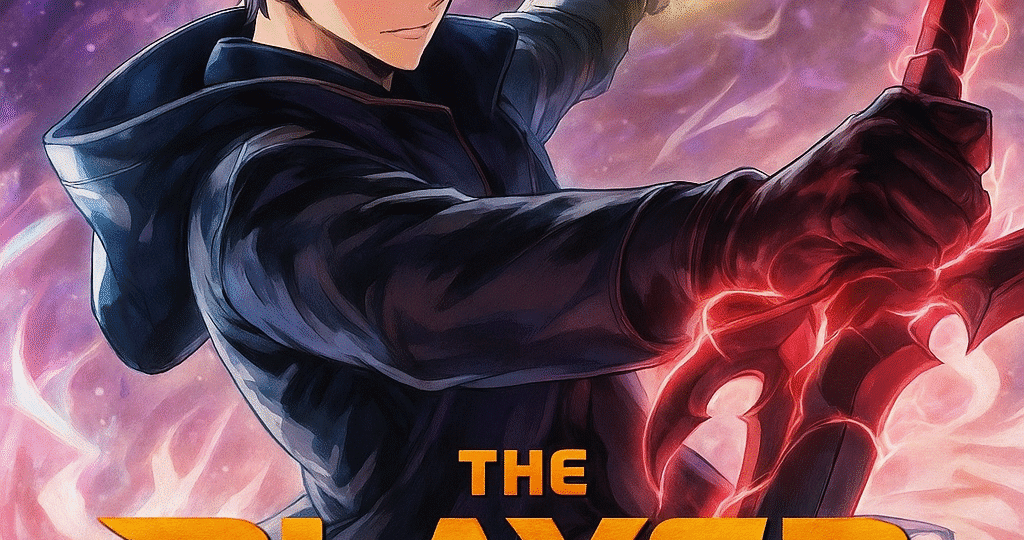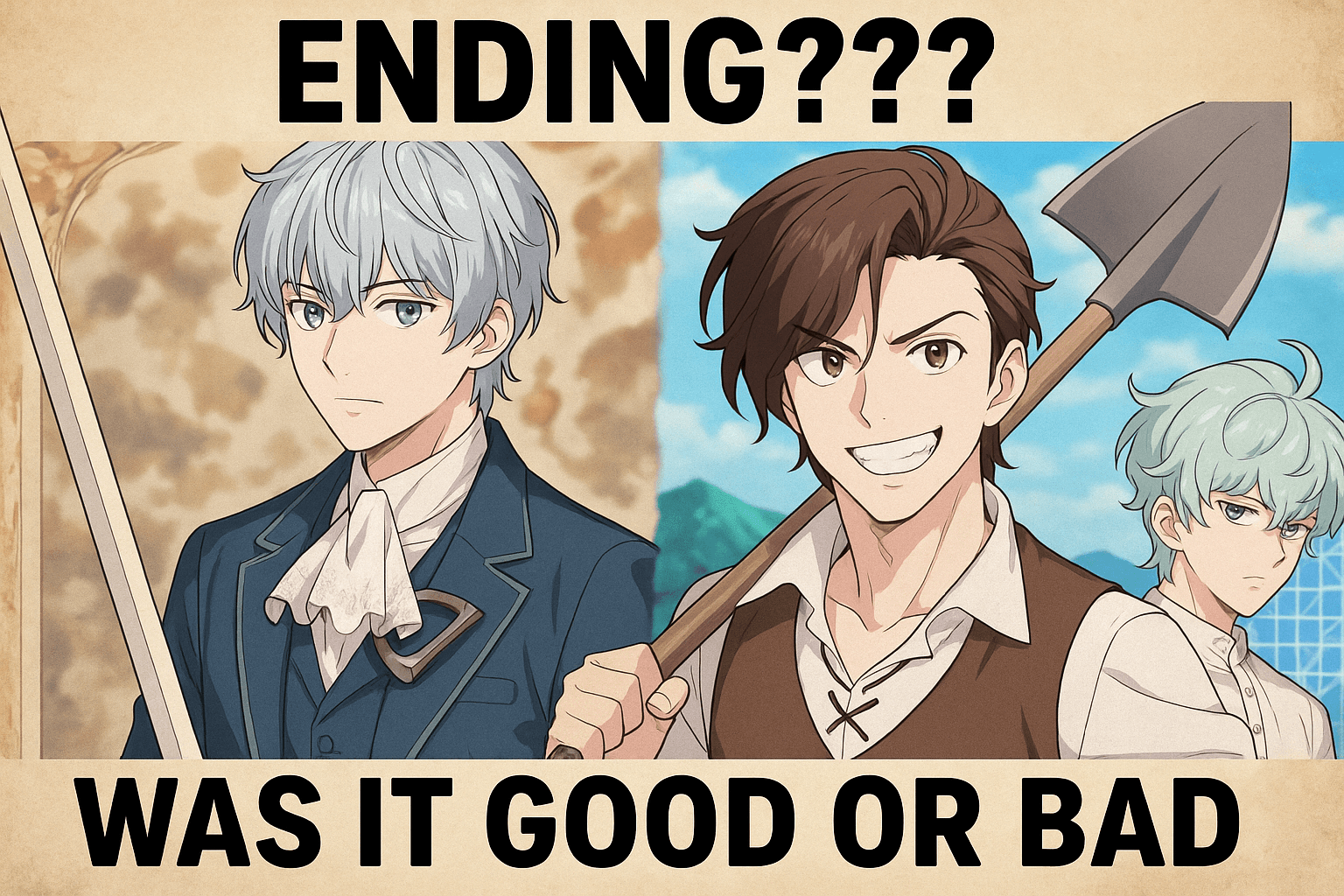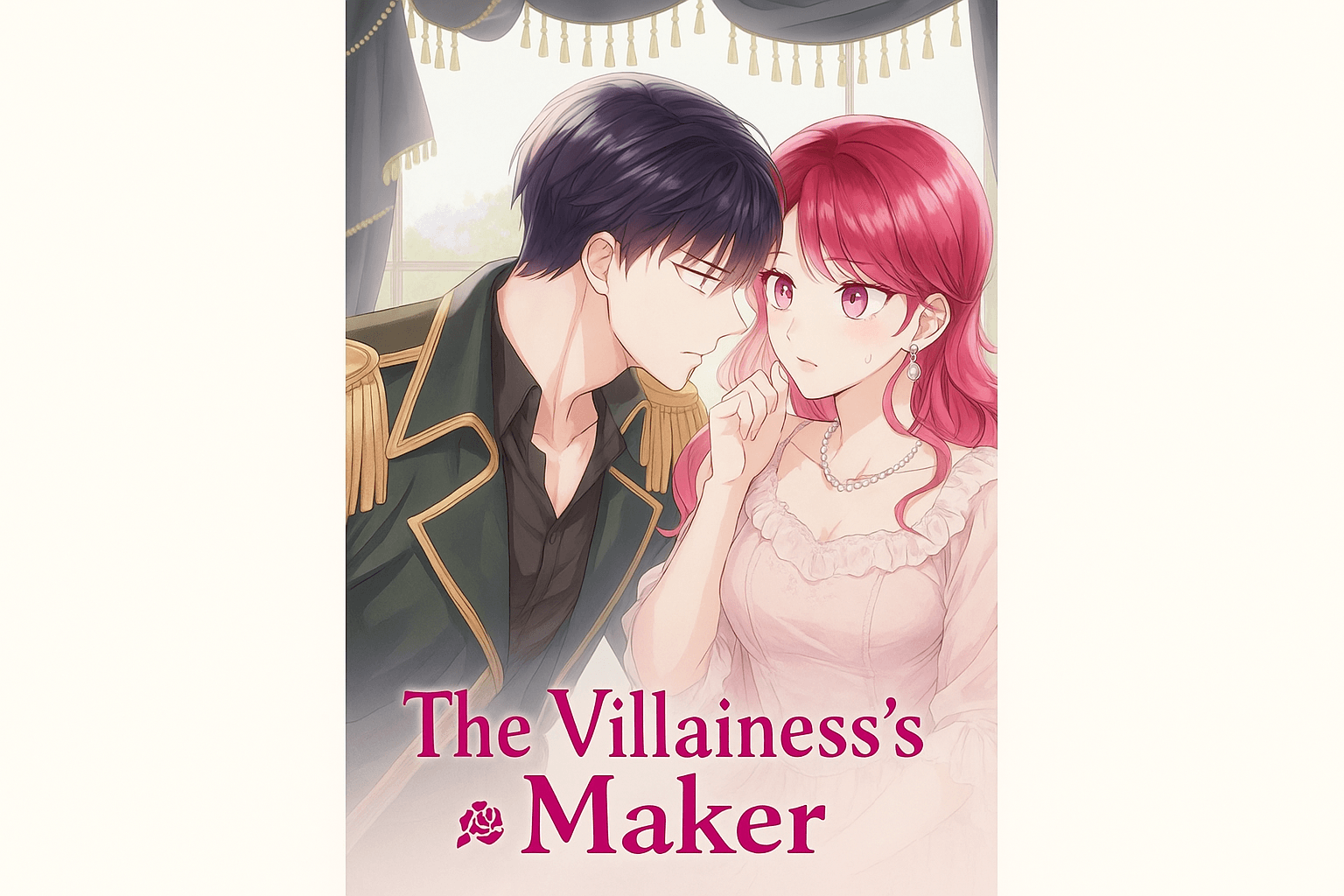The Player That Can’t Level Up Manhwa Review | Full Analysis & Story Guide
August 18, 2025 | by Vanitas

When it comes to manhwa in the action-fantasy genre, few titles have stirred as much curiosity and discussion as The Player That Can’t Level Up. First introduced on webtoon platforms, this series quickly gained traction for its unique twist on the often-predictable power-leveling trope that dominates RPG-inspired manhwa. Instead of portraying a protagonist who climbs steadily through the ranks by grinding quests and defeating monsters, this manhwa flips the script—its main character, Kim Gi-Gyu, can’t level up at all.
On the surface, it sounds like a recipe for a frustrating story. After all, what’s the point of a “player” who can’t level? But that’s where the brilliance of The Player That Can’t Level Up lies—it transforms limitation into opportunity, weakness into narrative strength, and struggle into one of the most compelling survival stories in modern webtoons.
For more manhwa news and reviews, check out Zoria News, where we regularly cover trending series like Solo Leveling and Return of the Frozen Player.
A Unique Premise in a Familiar World
The story begins like many others in the dungeon-hunter manhwa genre. Humanity faces threats from mysterious towers and gates, and chosen individuals, called players, awaken with abilities that allow them to fight. These players usually grow stronger by “leveling up” through combat. But for Kim Gi-Gyu, the rules are different.
Despite awakening as a player, he finds himself stuck at Level 1, unable to progress even after killing countless monsters. Other players mock him, guilds refuse to recruit him, and he becomes known as a failure. But Gi-Gyu is far from helpless. His hidden ability allows him to wield ego weapons—living items with personalities that bond with him. Instead of leveling up himself, Gi-Gyu evolves through the strength of his weapons, each one possessing unique skills and powers.
This twist immediately sets the series apart. Rather than a linear grind toward strength, Gi-Gyu’s progress is nonlinear, unpredictable, and deeply tied to mystery and discovery.
If you enjoy manhwa that reinvent tropes, you might also love Tower of God and The Beginning After the End.
Kim Gi-Gyu: An Underdog with Depth
Many protagonists in manhwa are overpowered from the beginning, or they rapidly become unstoppable. While Gi-Gyu does grow stronger, his progression is tied to suffering, sacrifice, and emotional bonds.
What makes Gi-Gyu compelling is his persistence in the face of humiliation. Early in the story, he’s looked down on as useless. Yet, instead of succumbing to despair, he grinds relentlessly in secret, forging a path no one else could imagine.
His relationship with his ego weapons—particularly Lou (a demonic sword with a sharp tongue) and El (a holy sword with a gentle spirit)—adds richness to his journey. These weapons aren’t just tools; they’re companions who challenge, guide, and occasionally frustrate him.
For deeper analysis of manhwa characters, you can read our detailed breakdown on Zoria News’ Manhwa Section.
Supporting Characters: Allies and Foes
The supporting cast in The Player That Can’t Level Up deserves recognition.
- Lou and El: The true stars outside of Gi-Gyu himself. Their banter injects humor into otherwise tense moments, and their contrasting personalities—dark and light—mirror Gi-Gyu’s own internal struggles.
- Gi-Gyu’s Family: His mother and sister provide emotional grounding. Unlike other power fantasies where the family is often sidelined or killed off, their presence reminds readers of what Gi-Gyu is truly fighting for.
- Enemies and Guilds: Villains in the series are not one-dimensional. From greedy guild leaders to mysterious higher powers, each adversary reveals more about the twisted system of towers and leveling.
Fans who enjoy guild politics and layered antagonists will also find similarities in Solo Leveling, which blends action with betrayal and intrigue.
Themes of Struggle, Identity, and Destiny
At its core, The Player That Can’t Level Up is about identity in the face of systemic rejection. Gi-Gyu is branded as useless because he doesn’t fit the mold of what a “player” should be. This resonates strongly with readers who’ve faced rejection in their own lives—whether academically, socially, or professionally.
Other key themes include:
- Redefining Strength: True power isn’t about numbers or levels—it’s about perseverance and ingenuity.
- Bond and Sacrifice: Gi-Gyu’s bond with Lou and El shows how companionship can redefine destiny.
- Mystery of the System: The manhwa constantly raises questions about who controls the rules of leveling, hinting at larger cosmic forces.
These themes have sparked debates across platforms like Reddit’s r/manhwa community, where fans often compare Gi-Gyu’s struggles to other iconic underdog heroes.
Artwork and Visuals
The art style of The Player That Can’t Level Up is crisp, polished, and dynamic. The artist excels in combat sequences, where sharp lines and explosive effects emphasize Gi-Gyu’s unique fighting style.
The designs of the ego weapons are particularly striking. Lou’s demonic aura is visually imposing, while El radiates grace and purity. The contrast makes battles feel layered—not just physically, but thematically.
At the same time, quieter moments—like Gi-Gyu with his family or in reflective conversations—are drawn with warmth, showing the artist’s versatility.
For comparison, the battle visuals in The Player That Can’t Level Up have often been praised alongside other highly visual series like Doom Breaker.
Story Pacing: Slow Burn to Payoff
One critique of the series is its pacing. Early chapters can feel repetitive, as Gi-Gyu endlessly struggles to gain recognition. However, this “slow burn” is deliberate—it mirrors the protagonist’s grinding, frustrating journey. When major revelations finally occur, they hit much harder because of the build-up.
By the mid-to-late arcs, the story escalates quickly. Conspiracies unravel, powers awaken, and readers find themselves hooked by a complex web of mysteries.
For readers who want consistency in pacing and long-term payoffs, this series is similar to Martial Peak, another fan-favorite cultivation manhwa.
Reader Reception: Why Fans Love It
The Player That Can’t Level Up has built a loyal fanbase. On forums like MyAnimeList Discussions, readers praise its originality and emotional impact. Some even argue that Gi-Gyu is one of the best underdog protagonists in modern manhwa, precisely because he doesn’t get instant gratification.
Of course, there are criticisms—mostly about pacing and occasional info-dumps. But overall, the consensus is that this manhwa is a breath of fresh air in a saturated genre.
Why It Stands Out Among Manhwa
Compared to popular titles like Solo Leveling, Tower of God, or The Beginning After the End, this manhwa offers something different: a protagonist defined not by limitless power, but by resilience and adaptability.
Where others climb steadily, Gi-Gyu crawls, stumbles, and claws his way to the top. That struggle makes his victories more satisfying and his losses more painful.
Conclusion: A Manhwa Worth Every Chapter
The Player That Can’t Level Up proves that you don’t need endless leveling or overpowering skills to tell a compelling story. Instead, it thrives by focusing on character growth, emotional bonds, and a mystery-filled world that challenges everything readers think they know about manhwa systems.
If you’re seeking a manhwa that blends underdog grit with emotional depth, this is one series you shouldn’t miss. Whether you’re a veteran fan of action webtoons or new to the genre, The Player That Can’t Level Up promises a reading experience that’s equal parts thrilling, heartbreaking, and inspiring.
For more in-depth reviews on trending manhwa, visit Zoria News.
RELATED POSTS
View all


